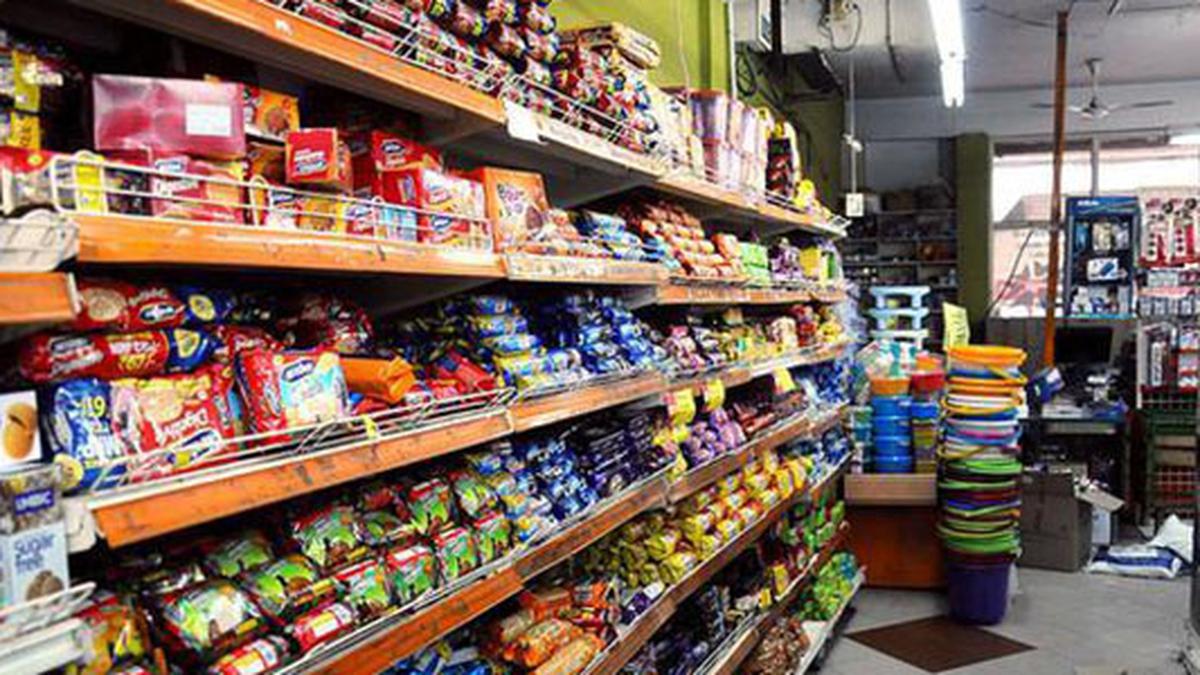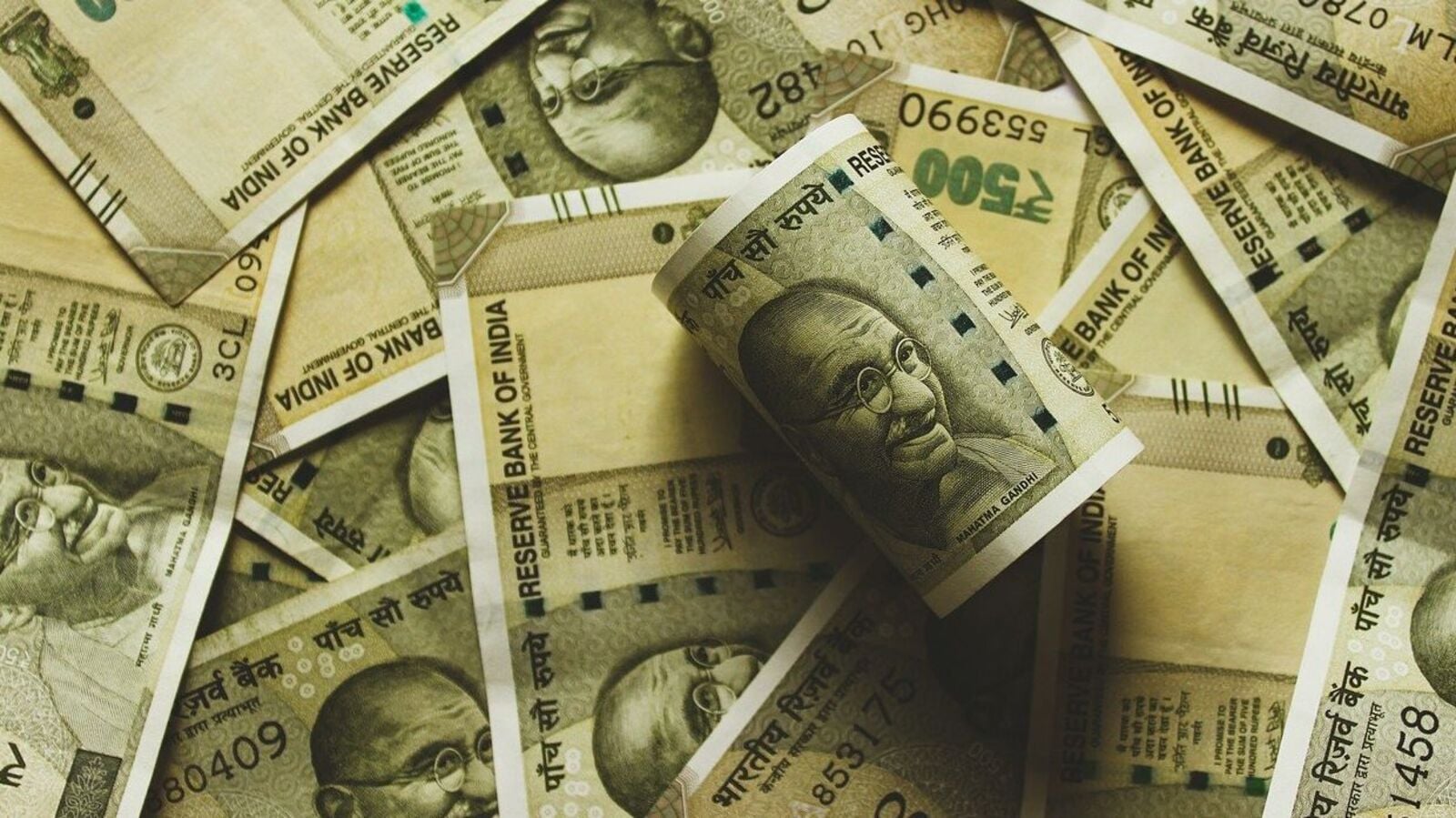
HUL, Godrej Consumer Products Ltd (GCPL), Marico, ITC and Tata Consumer Products Ltd (TCPL) have expressed concern over the suppression of urban consumption. Representative file image. | Photo credit: M. Karunakaran
Leading FMCG companies reported a decline in margins in the September quarter due to higher input costs and food inflation, which ultimately slowed the pace of urban consumption.
Rising prices of commodities such as palm oil, coffee and cocoa have also been accentuated and some FMCG companies have hinted at a price hike.
Also read | Consumption choices are changing during the rural revival
HUL, Godrej Consumer Products Ltd (GCPL), Marico, ITC and Tata Consumer Products Ltd (TCPL) have expressed concern about putting pressure on urban consumption, which, according to industry experts, accounts for 65-68% of the total sales of FMCG matters.
“We believe this is a short-term hit and we will restore margins through sensible price increase and stabilizing costs,” GCPL Managing Director and CEO Sudhir Sitapati said in a second-quarter earnings statement.
GCPL, makers of Cinthol, Godrej No. 1, HIT had a stable quarter given oil cost headwinds and tough consumer demand in India, and standalone EBITDA margin was lower, driven entirely by high inflation in palm oil.
The rural markets, which were previously lagging behind, continued their growth ahead of the urban markets. In addition, FMCG players reported growth in premium products and sales through fast trading channels.
Another FMCG maker Dabur India also said the demand environment was challenging in the September quarter, marked by “high food inflation and resultant pressure on urban demand.” The maker of Dabur Chyawanprash, PudinHara and Real Juice reported a 17.65% decline in its consolidated net profit to ₹417.52 crore and revenue from operations fell 5.46% to ₹3,028.59 crore.
Recently, Suresh Narayanan, chairman and managing director of Nestle India, also expressed concerns over the decline and said the ‘middle segment’ is under pressure as high food inflation continues to cripple household budgets.
“It is extremely clear that the market is experiencing weak demand. Growth in the F&B sector, which was in double digits a few quarters ago, has now fallen to 1.5-2%,” he said.
On the rise in food inflation, Narayanan said there has been a “sharp increase” in the prices of fruits and vegetables and oil prices.
“This could lead to a price increase if raw material costs become unmanageable for companies. We ourselves are in a difficult situation when it comes to coffee and cocoa prices,” he said.
Nestle India, which owns brands such as Maggi, Kit Kat and Nescafe, also reported a marginal decline of 0.94% and domestic sales growth was 1.2%.
Narayanan also pointed out that urban and rural areas at level 1 and below also appear to be quite stable. However, ‘pressure points’ are coming from megacities and metros.
TCPL MD & CEO Sunil D’Souza also said that the city has softened and is having an impact on consumer spending in urban areas.
“My hypothesis is that food inflation is probably higher than we think and the impact is much greater,” D’Souza said in the September quarter earnings call.
HUL CEO and MD Rohit Jawa said the market volume growth trajectory remained subdued this quarter. At the MAT (moving annual total) level, overall FMCG volume growth has slowed slightly in recent months.
“The pattern is quite clear that urban growth has been on a downward trend for the last few quarters or quarters and rural areas have gradually continued to grow and are now ahead of urban areas for the last few quarters and are still ahead of urban areas this time. ” Jawa said in an earnings call.
HUL, which owns energy brands such as Surf, Rin, Lux, Pond’s, Lifebuoy, Lakmé, Brooke Bond, Lipton and Horlicks, reported a 2.33% decline in consolidated net profit.

Similarly, Marico also reported that the countryside is “growing twice as fast as the city” year after year. It also reported “higher input costs in the core portfolios”. Although there have already been price increases in the coconut oil portfolio and a favorable turnaround in the price cycle for saffola oils.
“Given the higher than expected copra price inflation and the sharp increase in import duties on vegetable oils, the company will focus on its stated sales growth ambitions, while remaining vigilant in the second half of the year of the margins.”
ITC, which operates in the FMCG segment with brands like Aashirvaad, Sunfeast and Bingo!, YiPPee reported a marginal decline in margins of 35 basis points amid inflationary headwinds in input costs.
The country faced “moderate demand conditions” due to unusually heavy rainfall in parts of the country, high food inflation and the sharp escalation of certain input costs during the quarter.
Published – Nov 3, 2024 11:00 AM IST











